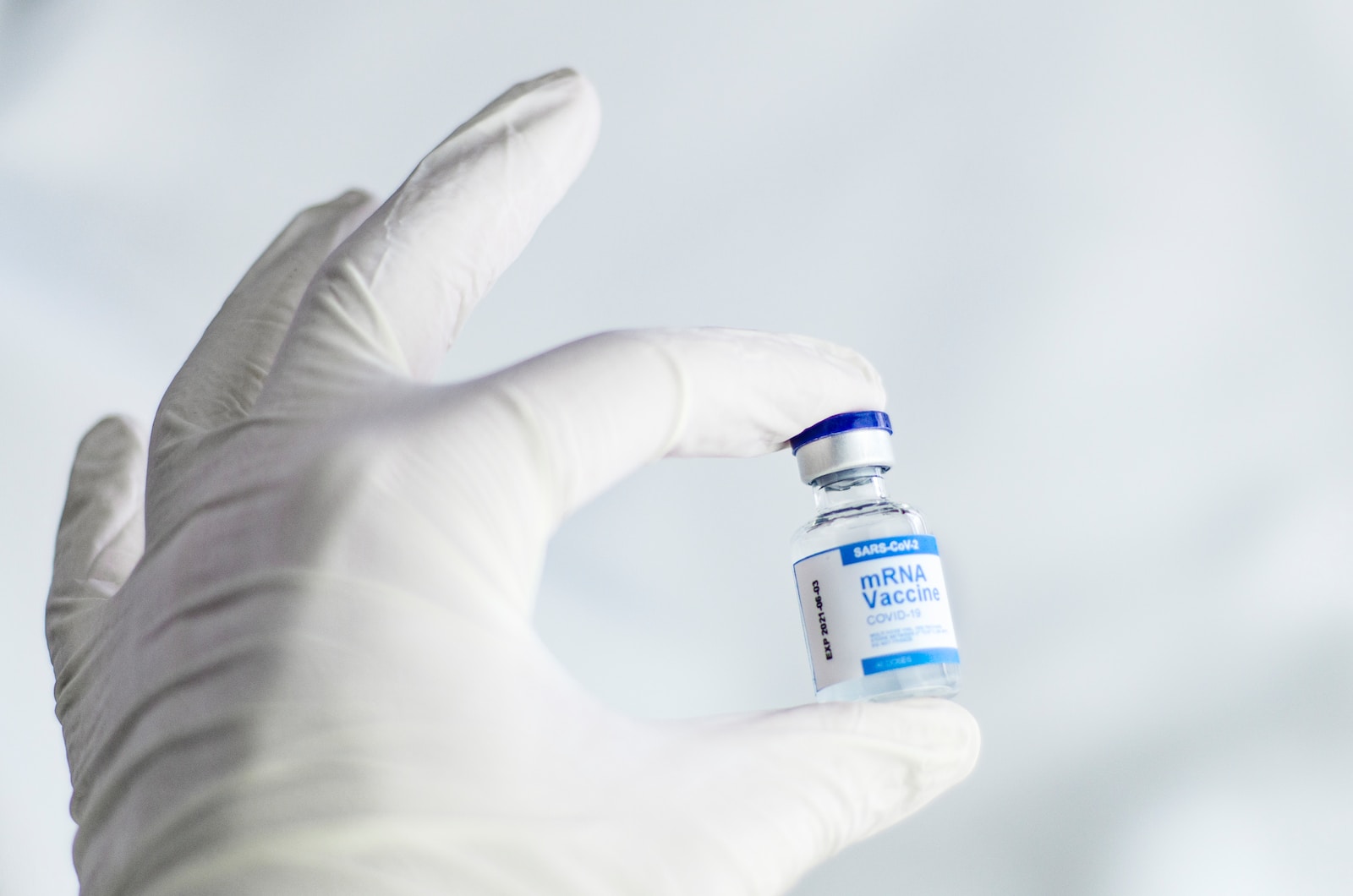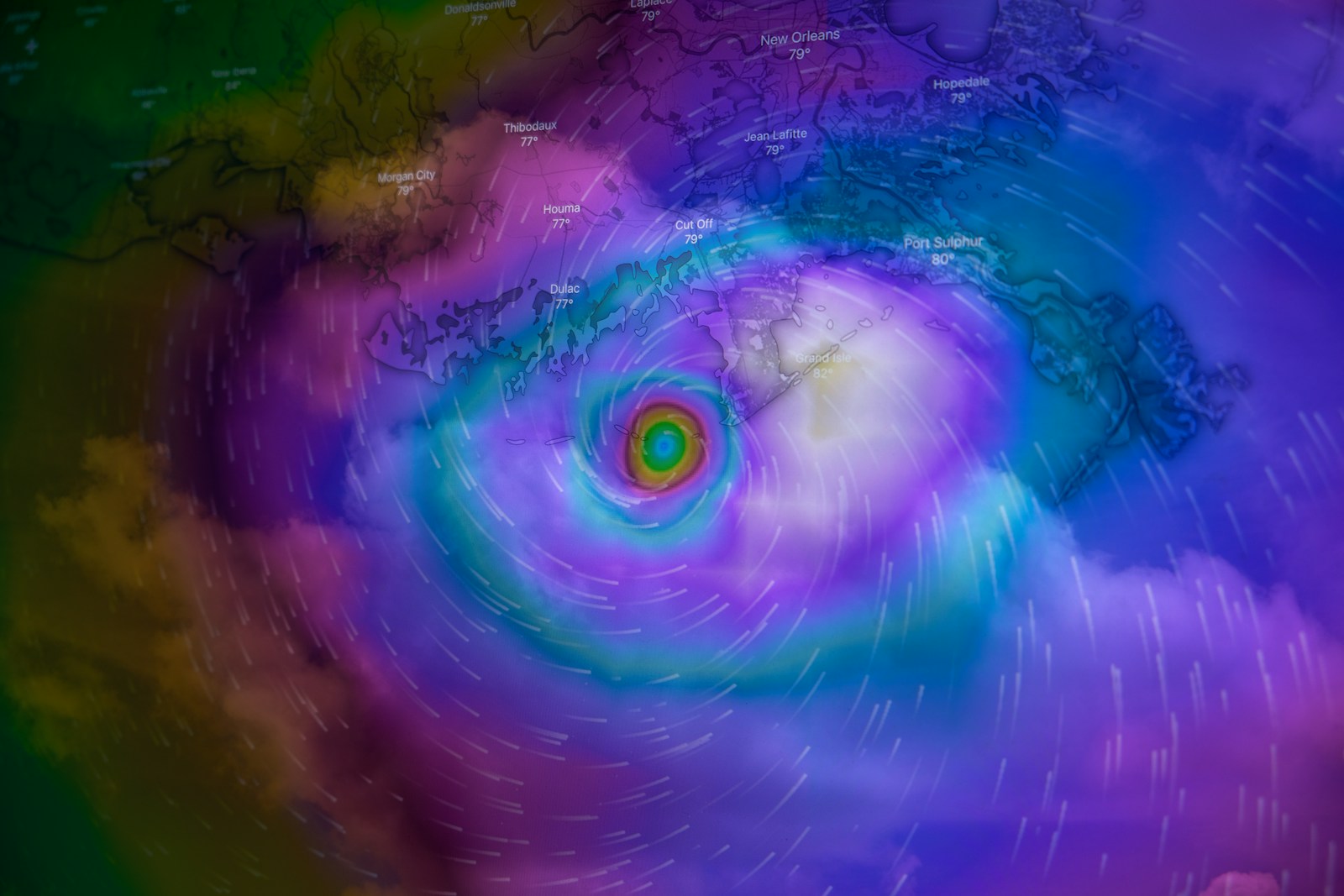Table of Contents
ToggleIntroduction
A tornado caused extensive damage to a Pfizer drug manufacturing site in Rocky Mount, N.C., on Wednesday, threatening critical supplies for hospitals across the country.
The Extent of Damage and Impact on Drug Supply
The company estimated that one-fourth of the injectable medications it supplies to U.S. hospitals were made at the Rocky Mount property, including drugs used during surgeries and other procedures to help block pain, keep patients sedated, and fight infections. However, the extent of the storm’s impact on the manufacturing plant’s ability to continue producing medicines is not yet clear. Video footage of the site and interviews with the Nash County sheriff and with people briefed on the damage indicated that the tornado caused the worst damage at the company’s warehouse. It is also unclear how deeply the destruction would exacerbate existing national drug shortages, which have reached a 10-year high in recent months.
Possible Mitigation Strategies
If the storm damage is limited to the warehouse and does not affect production schedules at the manufacturing plants, that could mitigate potential shortages. Pfizer has other manufacturing plants in Kansas, New York, Massachusetts, and Wisconsin where the company could shift some production to ease any shortages resulting from the Rocky Mount destruction. Pfizer had a strong track record for building in some redundancy so that products were manufactured at more than one site.
Impact on National Drug Shortages and Concerns
Low-cost generic products manufactured at the site, such as the sedative propofol, are already among the most shortage-prone on the market. Many Pfizer medicines were already in short supply before the tornado: About 130 products marketed to hospitals were listed as “depleted,” and about 100 more were in “limited supply,” according to the company’s list of 660 products. From a healthcare practitioner’s point of view, the situation is worrisome, and the destruction could further exacerbate shortages.
Pfizer’s Response and FDA Involvement
Pfizer has not disclosed which drugs were affected or the proportion of its supply destroyed in the tornado. A lot of these medications required careful production and handling to ensure sterility. Pfizer is expected to report its findings to the Food and Drug Administration, which tracks shortages. The Rocky Mount facility employs 4,500 people and has 24 filling lines and 22 packing lines. The medicines made at the site are also shipped to Japan, Canada, Brazil, and other countries.
Lessons Learned and Preparedness
The tornado’s impact on the drug supply chain reinforces the need for resiliency and a true focus on preparedness in the supply chain, not only for the next pandemic but for any unforeseen circumstance that creates shocks in the supply chain. Policy experts, lawmakers, and federal officials have been discussing solutions in recent weeks. Senate lawmakers passed a pandemic preparedness bill out of a key health committee on Thursday with provisions aimed at stemming shortages and increasing reports by drugmakers to alert the FDA to circumstances that might lead to shortages so the agency could help head them off.







